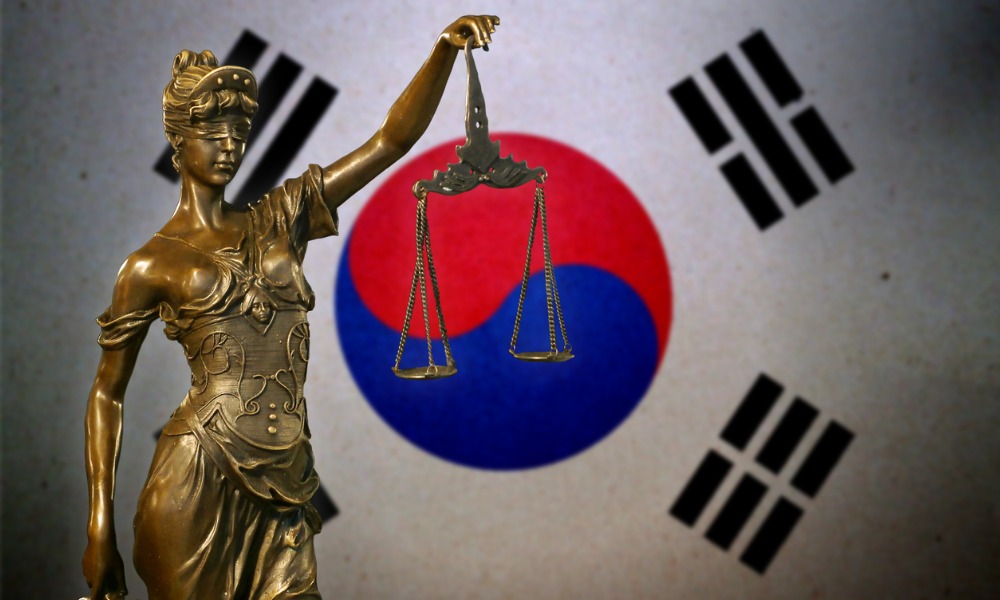“Had this decision gone the other way it would have sent shockwaves through the accounting profession”

Squire Patton Boggs and high-profile lawyer Amanda Banton have secured vindication for well-known liquidators in a case that she said could have sent shockwaves in the accounting sector.
The New South Wales Supreme Court has refused to order an inquiry into the conduct of the firm’s client, Andrew Wily, in the handling of the Crystal Car Wash Café liquidation. The case began in 2016, when the Australian Securities Investigations Commission (ASIC) asked the court to investigate the conduct of Wily and David Hurst, his former partner at ArmstrongWily.
The regulator raised concerns including a lack of independence, as well as failure to disclose to ASIC potential conflicts, suspected shadow directors, and alleged phoenix activity. It also said that the liquidators failed to undertake basic investigation into the affairs of the companies related to the Crystal Car Wash liquidation.
Justice Paul Brereton said in the judgment that “two other investigations had concluded with no action taken.” He said that “there is significant element of vexation in pursuing Mr Wily,” who retired from practice in 2017.
“While we fully support ASIC’s important role in preserving the integrity of our corporate sector through rigorous monitoring and, where appropriate, through investigation and prosecution, we were perplexed that this particular action was commenced,” Banton said.
“Had this decision gone the other way it would have sent shockwaves through the accounting profession and caused more than a few registered liquidators to think twice about taking appointments in the liquidation of companies without assets,” she said.
Banton, who heads the restructuring and insolvency team at Squire Patton Boggs, said that while the firm’s team “achieved an emphatic vindication” for their client, it should be kept in mind that all external administrators “will face more frequent and more intense surveillance by the regulator,” which may result in court action.
“As highlighted by His Honour in this case, ASIC’s own investigative, inquiry and examination powers are extensive and may be triggered by the regulator without court sanctioning. Further, any investigations or legal action taken by ASIC may not only arise from external administrator reporting obligations owed to ASIC (amongst others) but also, from complaints made by stakeholders. So while the regulator ultimately failed in its case against Mr Wily, it may be buoyed by the court’s judgment and reference to ASIC’s extensive powers and how they may be exercised independent of the court,” she said.










